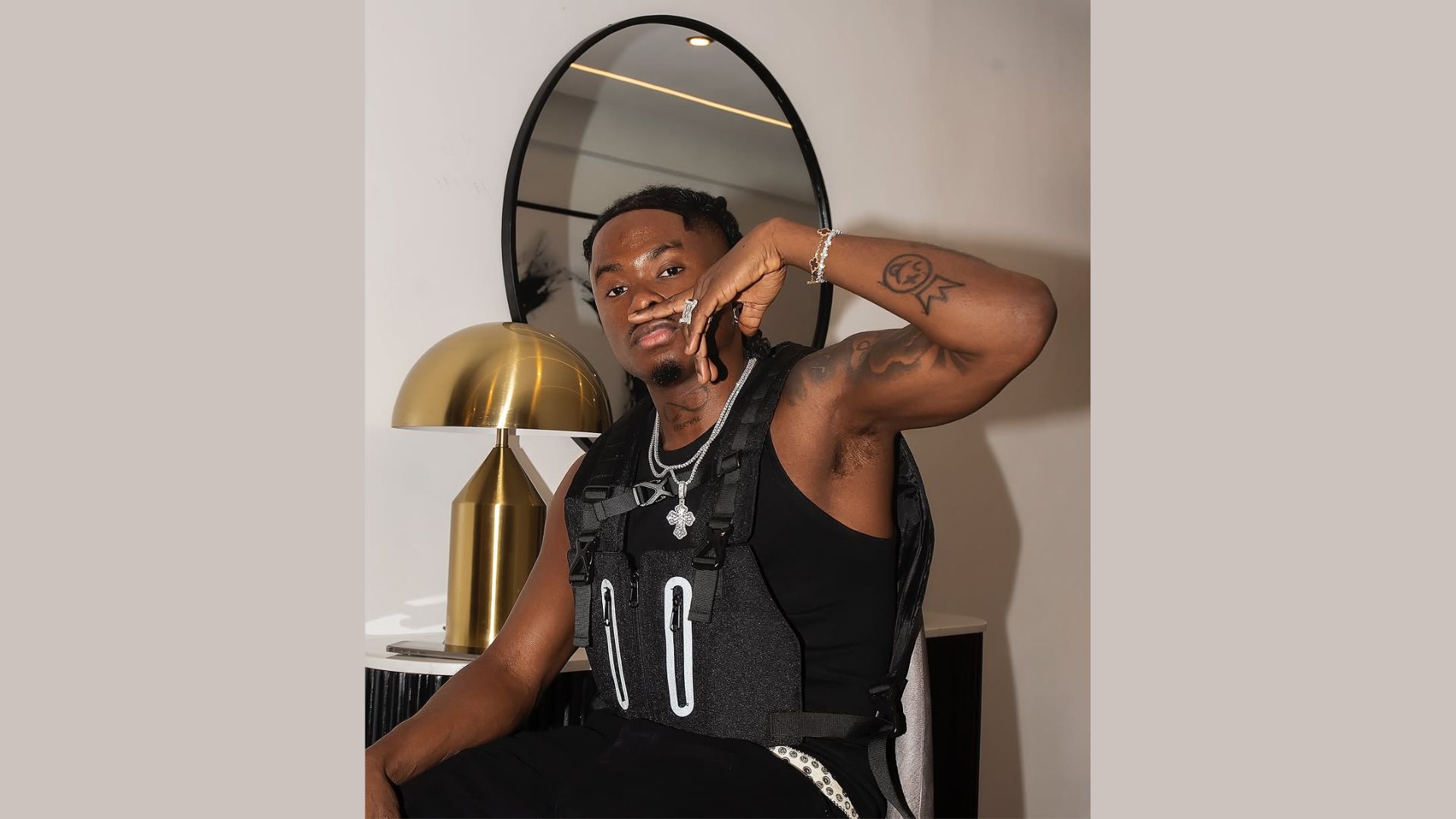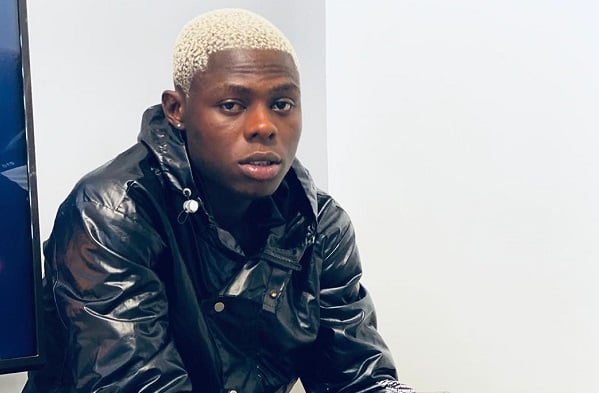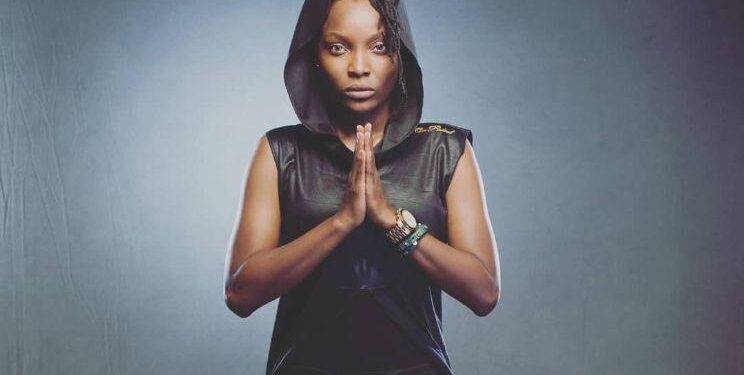Now Reading: Lil Kesh, Mohbad & 4 Other Nigerian Celebrities Who Suffered Bullying
-
01
Lil Kesh, Mohbad & 4 Other Nigerian Celebrities Who Suffered Bullying
Lil Kesh, Mohbad & 4 Other Nigerian Celebrities Who Suffered Bullying

Bullying is not just a schoolyard issue. It cuts across workplaces, industries, and even the glitzy world of entertainment.
In Nigeria’s entertainment scene, several celebrities have come forward to share stories of humiliation, cyberbullying, peer rejection, and systemic exclusion.
What makes these stories powerful is not the pain they endured but the resilience with which they bounced back.
From Lil Kesh, who faced ridicule for his street-style lyrics, to the late Mohbad, whose struggles went beyond music politics, these stars prove that bullying whether from fans, fellow artists, or industry gatekeepers does not have the final say.
Their stories carry lessons for young Nigerians navigating their own paths in music, business, or everyday life.
Below is a deep dive into six Nigerian celebrities who faced bullying but rose above it.
1. Lil Kesh: Mocked for Street Vibes

Lil Kesh, once the “shoki” hitmaker under Olamide’s YBNL label, faced heavy bullying during the peak of his career. Many critics dismissed his style as “razz” and unrefined. Social media users mocked his grammar and delivery, branding him an “area boy” who stumbled into fame.
Yet, Lil Kesh turned ridicule into motivation. He leaned fully into the street culture, producing hits like Gbese, Efejoku, and Is It Because I Love You. In an interview with HipTV, he admitted that industry bullying pushed him to work harder on his sound.
Lil Kesh’s story reminds young Nigerians that authenticity often draws fire before it earns respect. Today, his music remains a cultural stamp of mid-2010s Afrobeats.
2. Mohbad: Trapped in Industry Politics

Ilerioluwa Oladimeji Aloba, better known as Mohbad, carried a heavy burden. Beyond online trolling, he faced institutional bullying within the music industry. His exit from Marlian Music was marked by accusations of threats, intimidation, and career sabotage.
Fans witnessed his emotional breakdown in viral videos where he cried out for help, claiming harassment from those in power. Sadly, Mohbad’s tragic death in 2023 sparked nationwide conversations about industry bullying, exploitation, and artist welfare.
His ordeal exposed the dark underbelly of fame in Nigeria, where bullying is not just verbal but systemic sometimes costing lives. Mohbad’s story remains a rallying cry for reforms in Nigeria’s music business.
3. Tonto Dikeh: Ridiculed for Her Boldness
Actress and philanthropist Tonto Dikeh is no stranger to bullying. Throughout her Nollywood career, she was labeled “controversial” for her outspoken nature and flamboyant lifestyle. From media houses to fellow colleagues, Tonto was often the butt of industry jokes.
Cyberbullies called her names whenever she posted online, yet she refused to shrink. Instead, she rebranded herself as a humanitarian, setting up the Tonto Dikeh Foundation and diving into politics.
Her boldness demonstrates that bullying often targets women who refuse to conform. In standing tall, Tonto carved a unique lane for herself.
READ ALSO: 6 Reasons Why Naira Marley Delayed Speaking on Mohbad’s Death
4. Burna Boy: Mocked Before Winning Grammys

Before Burna Boy became the self-acclaimed “African Giant,” he endured harsh criticism. Many Nigerian music lovers dismissed him as arrogant, “weed-inspired,” and unmarketable internationally.
Online trolls often compared him unfavorably with Wizkid and Davido, painting him as a “local champion.” Even industry gatekeepers sidelined him for years. But Burna Boy’s breakthrough with Ye and eventual Grammy win in 2021 silenced the bullying voices.
His resilience underscores a broader truth: greatness often comes after rejection.
5. DJ Switch: Attacked for Speaking Out

Obianuju Catherine Udeh, popularly known as DJ Switch, rose to global attention during the 2020 #EndSARS protests. After live-streaming the Lekki Tollgate shooting, she became a victim of targeted bullying—both online and offline.
She faced smear campaigns, intimidation, and even threats to her safety, forcing her into exile. Yet, her courage drew international recognition, with global rights bodies like Amnesty International praising her bravery.
DJ Switch’s story proves that bullying is not always about mockery it can also be systemic attempts to silence truth.
6. Tiwa Savage: Bullied for Personal Scandals

Tiwa Savage, Africa’s “Queen of Afrobeats,” has endured bullying from gossip blogs, online trolls, and industry rivals. Her personal scandals including the leaked tape became ammunition for cyberbullying campaigns that would have destroyed a lesser star.
Instead of caving, Tiwa leaned on her craft. Her Somebody’s Son anthem became a continental hit, reasserting her relevance. She has since spoken openly about mental health and resilience, inspiring many Nigerian women to rise above shame culture.




